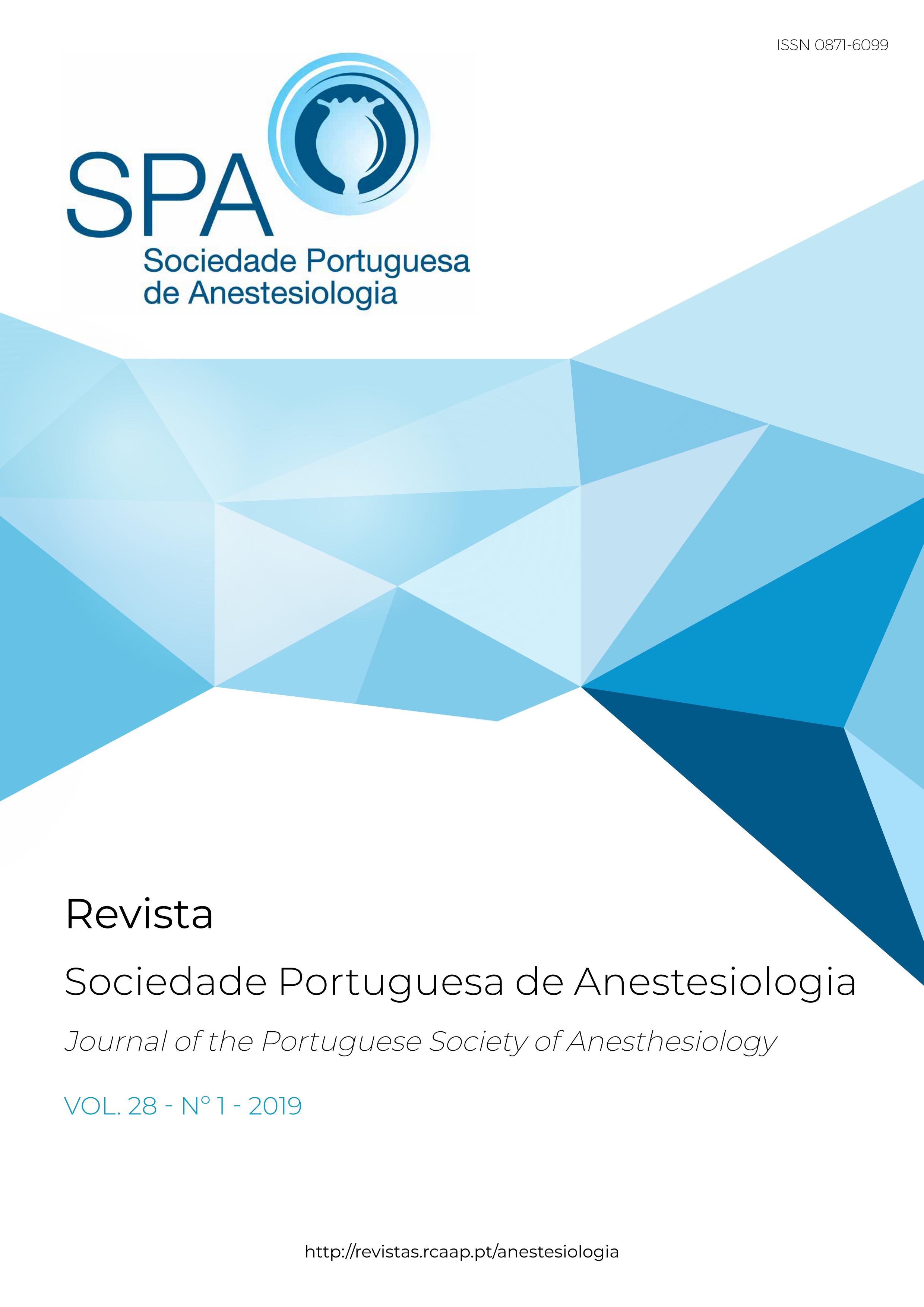Da Definição da Questão de Investigação à Pesquisa de Estudos Primários
From the Definition of the Research Question to the Primary Studies Search
Keywords:
Meta-Analysis as Topic; Research DesignAbstract
Systematic reviews are original studies whose unit of analysis consists of primary studies. Their aims are to analyse and synthesise – using qualitative and, eventually, quantitative approaches – all available scientific evidence regarding a specific research question, taking into account an adequate set of selection criteria. In the critical appraisal of a systematic review, the first step consists of identifying and analysing the research question, which typically should have defined the assessed population, intervention/exposure, comparison, outcome(s) and type(s) of included primary studies. Therefore, the research question is essential in the processes of search query development and definition of the inclusion criteria for primary studies. The success of a systematic review in gathering all available evidence regarding a particular question largely depends on the adopted strategies for searching for primary studies. In order to ensure a comprehensive
search, several search methods must be combined (which includes searching on several electronic databases) and search queries must be carefully constructed.
Downloads
References
2. Chandler J, Hopewell S. Cochrane methods--twenty years experience in developing systematic review methods. Syst Rev. 2013;2:76. doi: 10.1186/2046- 4053-2-76.
3. Moher D, Liberati A, Tetzlaff J, Altman DG; PRISMA Group. Preferred reporting items for systematic reviews and meta-analyses: the PRISMA statement. BMJ. 2009;339:b2535. doi: 10.1136/bmj.b2535.
4. Stroup DF, Berlin JA, Morton SC, Olkin I, Williamson GD, Rennie D, Moher D, Becker BJ, Sipe TA, Thacker SB. Meta-analysis of observational studies in epidemiology: a proposal for reporting. Meta-analysis Of Observational
Studies in Epidemiology (MOOSE) group. JAMA. 2000;283:2008-12.
5. Higgins JP, Green S, editors. Cochrane Handbook for Systematic Reviews of Interventions Version 5.1.0. The Cochrane Collaboration, 2011. [accessed January 2019] Available from: http://handbook.cochrane.org.
6. Meng T, Zhong Z, Meng L. Impact of spinal anaesthesia vs. general anaesthesia on peri-operative outcome in lumbar spine surgery: a systematic review and meta-analysis of randomised, controlled trials. Anaesthesia. 2017;72:391-401. doi: 10.1111/anae.13702.
7. Moher D, Fortin P, Jadad AR, Jüni P, Klassen T, Le Lorier J,et al. Completeness of reporting of trials published in languages other than English: implications for conduct and reporting of systematic reviews. Lancet. 1996;347:363-6.
8. Stratton SJ. Comprehensive reveiws. Prehosp Disaster Med. 2016;31:347-8.
9. Baudard M, Yavchitz A, Ravaud P, Perrodeau E, Boutron I. Impact of searching clinical trial registries in systematic reviews of pharmaceutical treatments: methodological systematic review and reanalysis of meta-analyses. BMJ. 2017;356:j448. doi: 10.1136/bmj.j448.
10. ISSG Search Filter Resource [Internet]. Glanville J, Lefebvre C, Wright K, editors. York (UK): The InterTASC Information Specialists' Sub-Group; 2008 [accessed January 2019]. Available from: https://sites.google.com/a/york.ac.uk/issgsearch- filters-resource/home
Downloads
Published
How to Cite
Issue
Section
License
Articles are freely available to be read, downloaded and shared from the time of publication.
The RSPA reserves the right to commercialize the article as an integral part of the journal (in the preparation of reprints, for example). The author should accompany the submission letter with a declaration of copyright transfer for commercial purposes.
Articles are published under the terms of the Creative Commons Attribution Non-Commercial License (CC BY-NC).
After publication in RSPA, authors are allowed to make their articles available in repositories of their home institutions, as long as they always mention where they were published.


